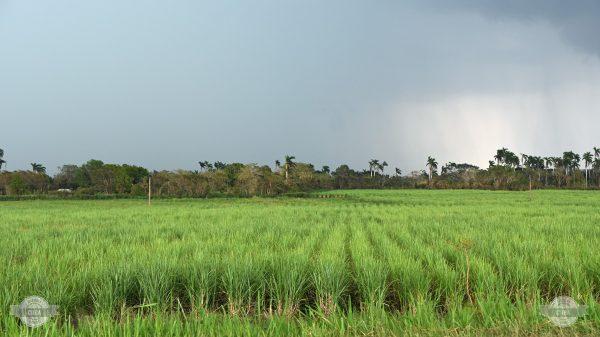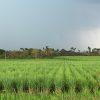It’s increasingly becoming the norm for cooperative farms rather than the exception. Since the founding of the small farmer’s association known as the National Association of Small Farmers (ANAP) (Asociación Nacional de Agricultores Pequeños) in 1961, the country has steadily partnered with various companies abroad in the name of agriculture and trade. The numbers speak for themselves. Today ANAP has more than 300,000 members. Of these 300,000 members, 68,000 are now members of cooperative farms.
It is becoming more and more common to hear of the growing partnerships of ANAP members with the private sectors of various countries worldwide. Already, there are 30 such joint ventures in the works with a combined total value of more than US $4 million. According to Radio Havana Cuba, these projects involve 12 corporations that have found doing business with the Cuban government profitable.
Surely, without these deals benefiting both sides of the equation, the country’s unique model for cooperative farming would not have evolved, let alone survive. It is very clear that the Cuban government appreciated the value of the small farmer right from the founding of the new republic. Government support of the small farmers and foreign investment will help Cuba to feed its people and move the country past the very grim reports of last year’s economic numbers.
The small farmers tilling the Cuban soil are ushering in a new era of unprecedented innovation in farming practices. Foreign agricultural investors and the Cuban farmers are sharing farming practices, knowledge and technology. The investors are supplying the farms with modernized equipment. It’s a two-way street for how farms can be better managed, the best fertilizers to be use, and ensuring farming is environmentally sustainable over the long term.
A cooperative is an association of farmers at the grassroots level. Cooperatives elect their leaders. However, at the end of the day, the fruits of their labor are shared equally across the membership. Presently, some 1,400 cooperatives operating on Cuban soil are direct beneficiaries of the growing partnership between Cuba’s farming community and the foreign investors.
Radio Havana reported the combined agricultural production of the country’s small farmers reached over 2,200,000 tons of agriculture production in 2016. This year’s harvest, especially in sugarcane and tobacco, is predicted to be greater than last year.
The strength or weakness of the Cuban economy has always depended on the agricultural sector, especially in sugarcane and tobacco. Still, the world has a lot to buy cheap viagra cuba learn from the farming technology of the cooperatives and small farmers who have demonstrated sustainable farming practices. ANAP’s small farmers working in projects with foreign investors will help strengthen agriculture output, help a nation feed its people and grow the export market abroad.
Zoe Veraz is a content writer, freelance journalist and regular contributor to the Cuba Business Report.














